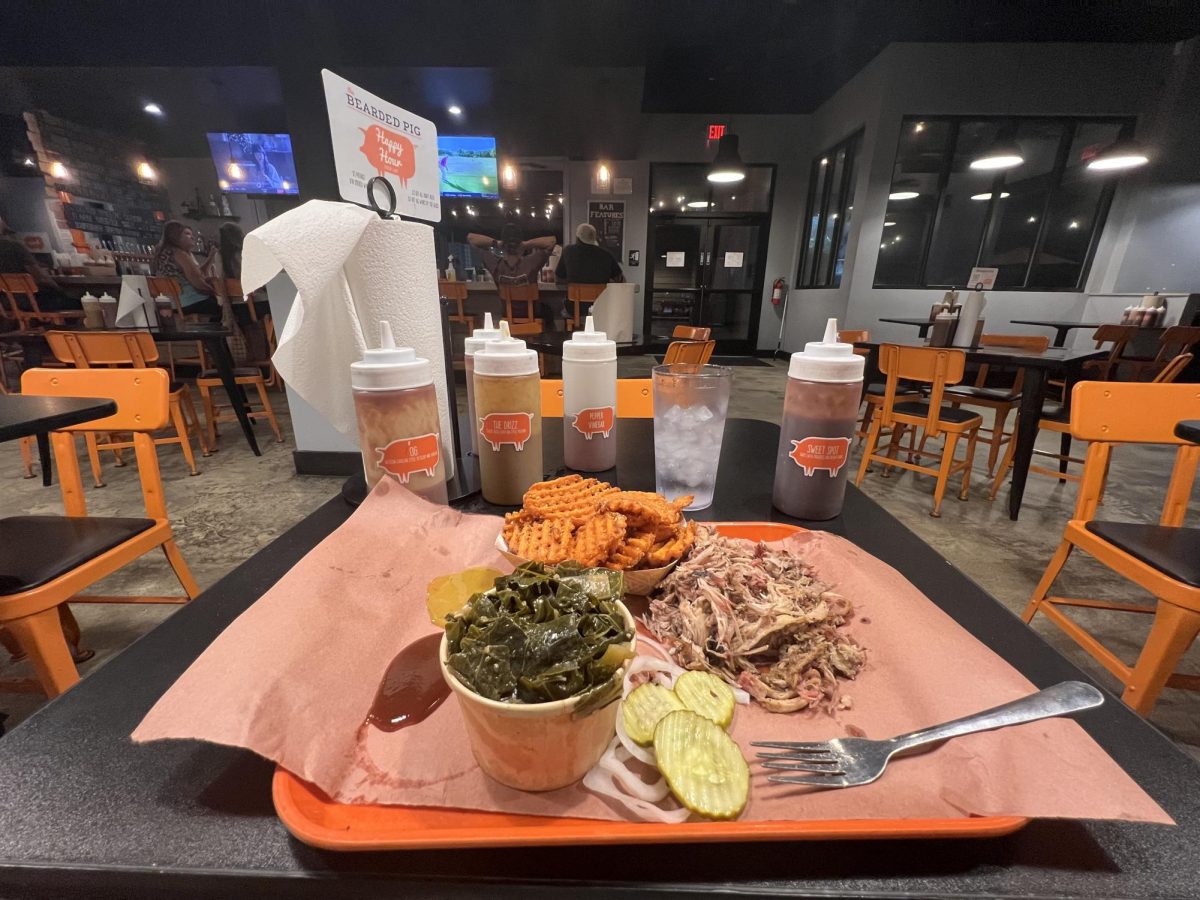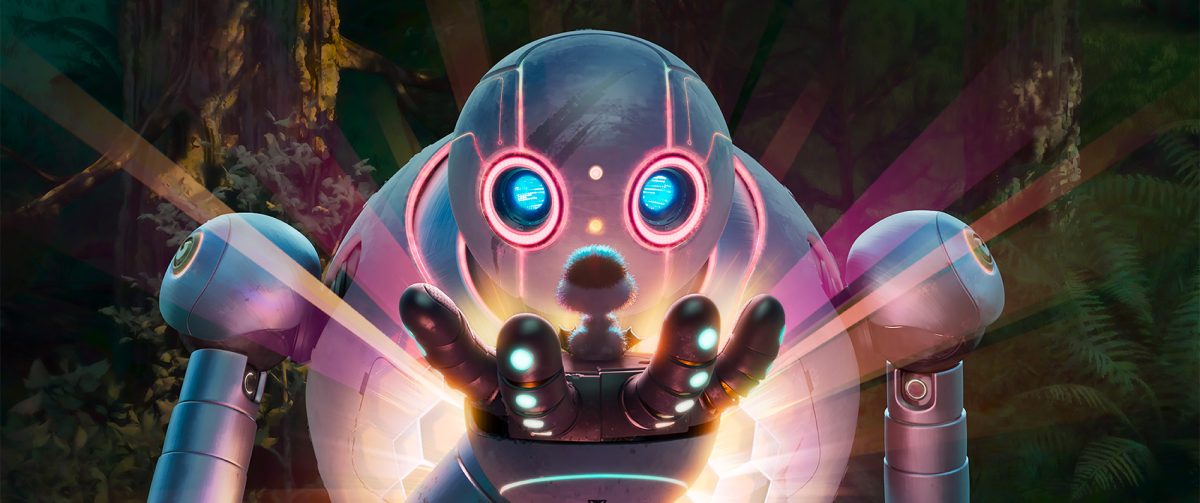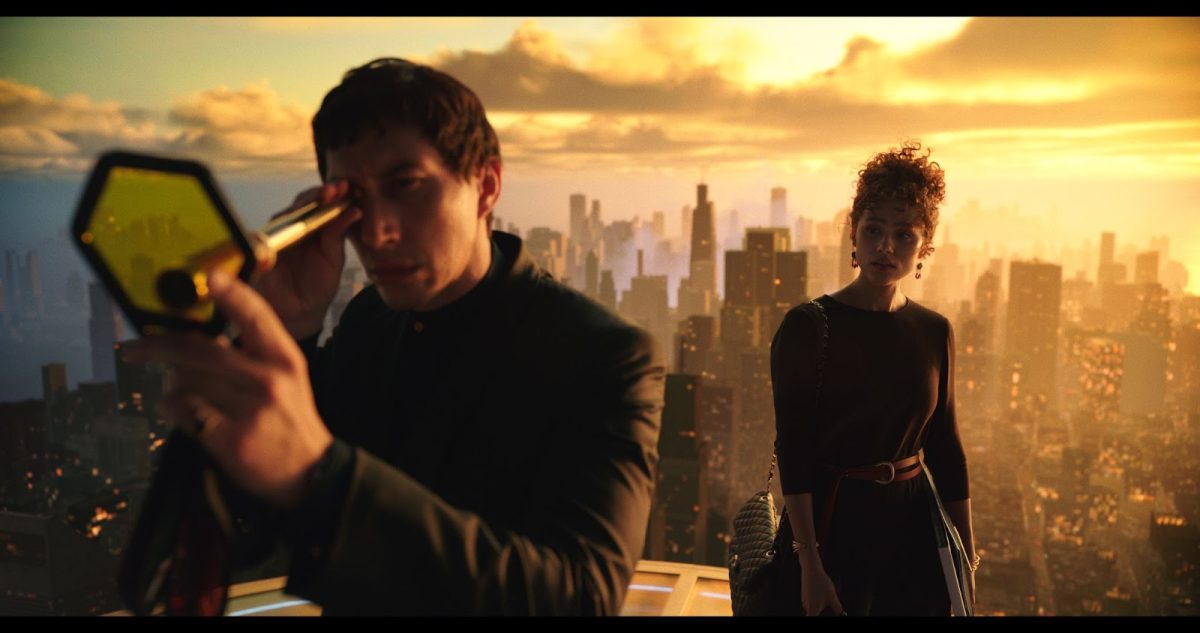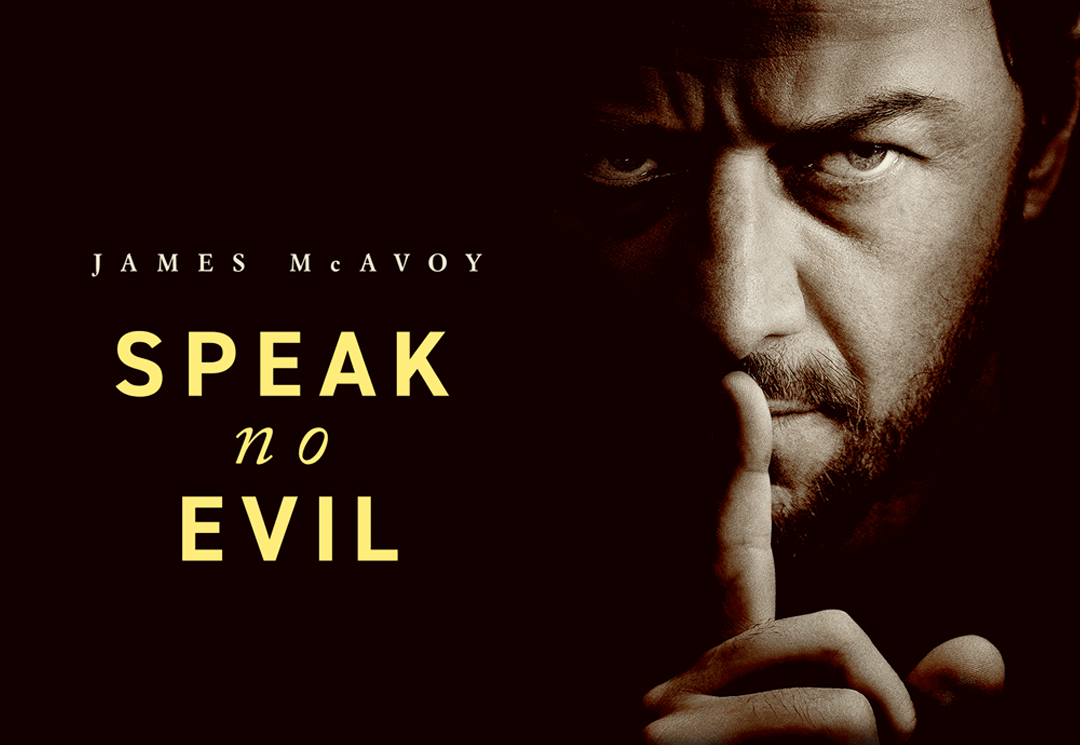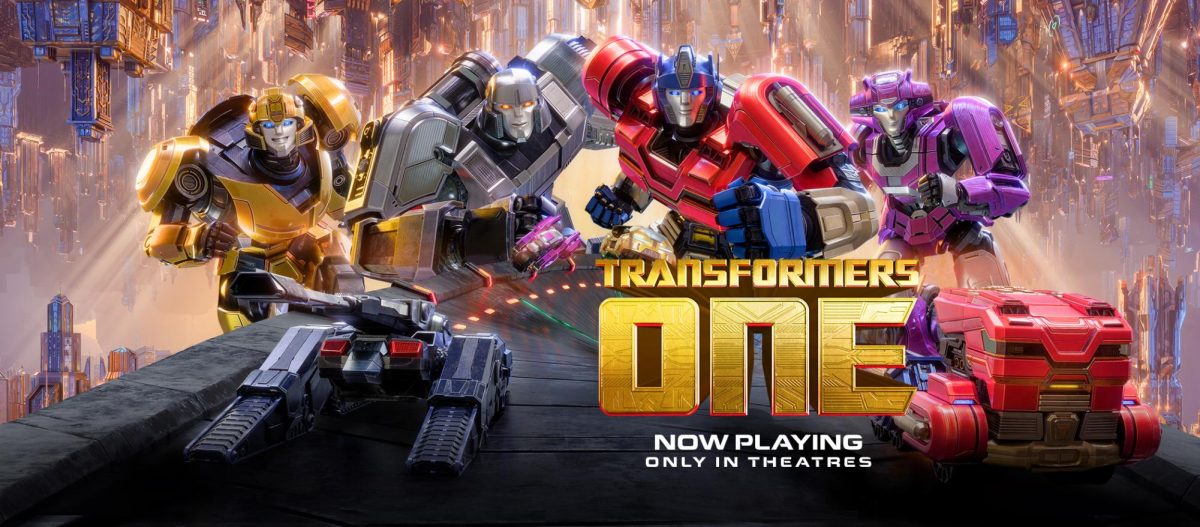On Aug. 9, HBO finished following up one of its biggest hits with its most high-profile flop. True Detective, which astounded audiences and critics last year with its darkly philosophical crime story from writer and showrunner Nic Pizzolatto, returned eight weeks ago for a second season as ghastly as its first was captivating. It was savaged in the press and ratings for its finale, down 22 percent from the first season. Now that it’s finally (thankfully) over, we can at last try to explain the true mystery: what the h— happened?
Such a calamitous drop in quality is difficult to explain, so let’s start by analyzing why this season was so terrible. First, there’s the plot, which is poisonously convoluted to say the least. Season 1 dealt with a relatively straightforward, structured mystery. The two leads are Martin Hart (Woody Harrelson), a straight-laced, traditionally masculine officer given to adultery and fits of violence, and Rustin Cohle (Matthew McConaughey), a nihilistic ex-undercover cop scarred by a tragic past. As they work to solve the bizarre, ritualistic killing of a young girl, they discover that a sinister cult has infiltrated the highest levels of power in their home state of Louisiana, and attempt to blow the scandal open years after solving the original case.

I can sum that up in a sentence: two very different cops solve a murder that leads to them uncovering a vast, evil conspiracy. By contrast, I couldn’t even begin to explain what happened in Season 2, but let me try.
The setting is Los Angeles. There are three leads. Two of them belong to various police agencies. Ray (Colin Farrell) works for Vinci PD. He ruined his life years ago by killing a man he believed had raped his wife while just before she became pregnant, and is now fighting for custody of the resulting child, who may not even be his. Ani (Rachel McAdams) works for the LA County Sherriff’s office, and her childhood in a hippie commune turned her bitter and cold, basically a female Rusty with none of the philosophy who fills her empty life with sex. (Her full name, by the way, is Antigone, in case you wanted an on-the-nose indication that things are going to get tragic.) Frank (Vince Vaughn) is a gangster trying to go legitimate, who gave Ray the name of his wife’s rapist. He’s been cut out of the deal which forms the central conspiracy, and is desperately trying to get back the millions he had invested.
Speaking of the conspiracy, as far as I can tell, it goes like this: a shady corporation has colluded with the disgusting, corrupt, industrial City of Vinci to dump toxic waste from the factory town upstate, making the land untenable and allowing the company to buy it cheap in order to sell it back to the state at a higher price for a new high-speed rail corridor. They also happen to throw orgies with high-end prostitutes.
The mystery surrounds the murder of Ben Caspere, city manager of Vinci and orchestrator of both the land deal and the sex parties, found dead at a highway stop with his eyes burned out with acid. All three cops are assigned to it due to dueling jurisdictions. Ray’s corrupt bosses order him to interfere. If you’re confused (and I don’t blame you), here’s a more detailed explanation.
All that, and I can’t understand why the characters (aside from Frank, who loaned Caspere millions only to have him turn up dead) or us, the audience, have any reason to care about this case. That’s a major difference between the two seasons. The first victim in Season 1 was a young woman, and the rest were little girls. They were the ultimate innocents, and as we learn, they were tortured and killed by the cult, repugnant acts that disgust us and instill us with a hunger for justice.
Ben Caspere, however, is an extremely powerful sexual deviant. If he were born in Louisiana, he would probably be in the cult. Essentially, Pizzolatto wants us to wonder why this man, the exact type of person we rooted against last season, was gruesomely murdered. It doesn’t appeal to our sense of justice, and it doesn’t give us any reason to care. After the murder is pinned on a gang of Mexican meth dealers, we wonder why the detectives are still even trying to solve the case, which they now must do on their off time. And when we finally learn the truth, we feel like Caspere got what was coming to him.
There’s also the season’s lack of stylistic strength. The first season was rightfully lauded for its dark setting, a Louisiana bathed in Southern Gothic aesthetics with Lovecraftian allusions that made it feel otherworldly. Every episode was also directed by Cary Fukunaga, who followed up his career-making work with the Idris Elba-starring drama Beasts of No Nation, which will debut on Netflix and in select theaters this fall.
Season 2 has none of that. Its locations, costumes and production design have no sense of unity. Some of the more central ones – a grimy bar with the sad guitarist, for one – seem like half-baked facsimiles that try to infuse the mood of the first season into the new one without any depth. One could say this is an attempt at visualizing LA’s diversity, but it comes off as a hodgepodge.
The same could be said about its directors who, aside from Justin Lin, are a bunch of also-rans who fail to contribute anything worthy. I’m not asking for a repeat of Fukunaga’s stunning, 6-minute one-shot sequence from Season 1 Episode 4, but it would be nice to get more than its answer, a well-edited yet generic shootout in the middle of Vinci where, due to the failure of the writing, we have no idea who’s shooting who and why.
Which brings us to the worst part of this fiasco, its writing, which combines both the convoluted plot and the trashy aesthetics and throws in some truly atrocious dialogue. Pizzolatto attempts to bring noir into the 21st century, but ends up making it ridiculous and pretentious. The principal actors, possibly hoping for the same career revival that McConaughey received, come out worse than when they went in. Their characters are ludicrous, with qualities that make them feel less like real people and more like carnival workers. They are hollow pastiches of Rust Cohle, spouting so much pseudo-philosophical nonsense you’d think they spent their days off browsing the atheism section of Reddit. And it makes them impossible to care about. This is due less to the actors, who try the best they can to make the material believable, and more to Pizzolatto for writing his atrocity of a story.
Essentially, this season of True Detective made a farce of itself. All we have now is to wonder what Pizzolatto and HBO were thinking. Was it hubris? Did they think they could throw anything onto the screen and see it stick? Did they think we came for the style and atmosphere, and that it could be easily replicated? Or did HBO simply rush their showrunner into replicating his success, not knowing that he couldn’t deal with the demands of TV production? Will there be a third season, and do we even want one? All these answers remain unseen, but if there was any tragedy in this season of True Detective, it’s that millions of people sat through all eight-and-a-half hours of it.
—
For more information or news tips, or if you see an error in this story, contact assistantnews@unfspinnaker.com






